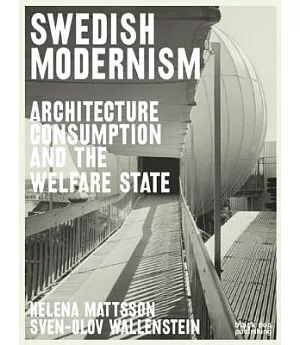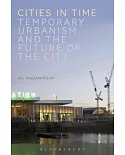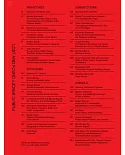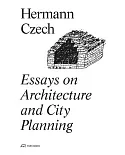Swedish Modernism provides an in-depth, multilayered account of the process, and difficulties found, in the process of modernization. The debate is enriched from a diverse range of
contributors including architects, researchers and leading academics from across the globe.
Following an introduction from Helena Mattsson and Sven-Olov Wallenstein, the book is divided thematically into three sections. The first section of the book explores the construction of
the welfare state. The contributions in this section analyze the peculiar modalities of this development from the point of view of sociology and political science, providing a more nuanced
view of ‘Modernism’ that shows to what extent it must always be understood on the basis of local context. Here, Henrik Berggren argues that the social contract has deep roots in Swedish
political culture and social philosophy as it evolved during the nineteenth century whilst text from Yvonne Hirman deals with the formation of Swedish politics in the 1930s. This section
also includes an essay from Jens Bartelson, Professor of International Relations at the Department of Political Science, University of Copenhagen.
The second section of Swedish Modernism delves into the importance of consumers and spectacles analyzed in relation to the wide range of ‘state programs’ from housing to national
marketing programs. This section includes case studies highlighting the importance of consumption for the formation of subjectivity, both in the pre- and post-war period, and range from
analyses of exhibition architectures and debates on standardization to the Co-Op movement and the gendering of taste.
Contributions to the second section of the book include an essay from Ylva Habel looking at the exhibition Modern Leisure, 1936, and exploring how exhibitions were highly instrumental
during the formation of the Swedish welfare state. Helena Mattsson looks at how strategies of consumption are formulated in the political and architectural debates of the 1930s, tracing how
the emergence of ideas of standardization and personality worked as a mediator between individual and society in the process of constructing the new subject of the welfare state. Reinhold
Martin’s essay “Mass Customization: Consumers and Other Subjects” outlines, in historical perspective, developments in post-war corporate architecture related to emergent “technologies of
the self” that have become known as “mass customization”. Further essays from Lisa Brunnstrom, Thordis Arrhenus and Penny Sparke also provide valuable insights into the role of architecture
in the Swedish Co-operative movement, the role of architectural exhibitions in the promotion of societal models and the modulation of cultural identity and the subject of production and
consumption of the domestic interior, respectfully.
The third and final section of the book deals with the problem of historiography on a broad level. Eva Rudberg asks “What is the Question to which Functionalism is the Answer?” whilst Joan
Ockman explores the paradigm shift that occurred following the Second World War and in the context of the Cold War. The section also includes contributions from Roger Jonsson and Sven-Olov
Wallenstein, who draw on the work of Michel Foucault and delineate a genealogical model of analysis that focuses on how architecture can take part in the production of subjectivity.





















